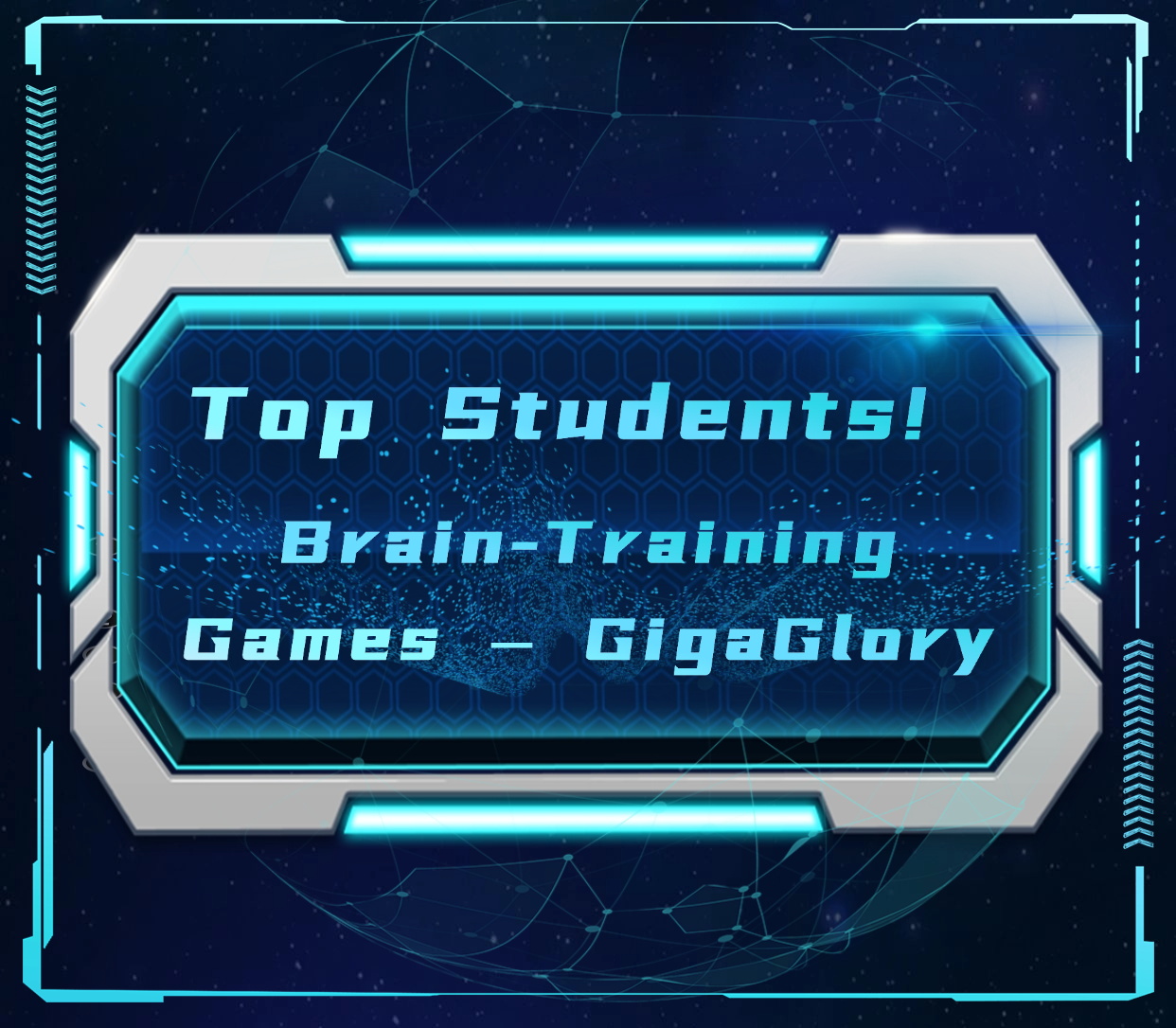Unlock Your Creativity: The Ultimate Guide to Building PC Games
Are you ready to embark on an exciting journey into the world of PC games? Whether you're a beginner looking to dip your toes into game development or an experienced developer wanting to hone your skills, this guide is designed just for you. With the ever-increasing popularity of building games, there's no better time to unlock your creativity and start crafting your own adventures!
The World of PC Games
PC games have become more than just a pastime; they are a platform for creativity and expression. From immersive RPGs to puzzle-solving adventures like the tears of the kingdom dandelion korok puzzle, the possibilities are endless. Let’s dive into the wonderful realm of PC game development and explore how you can create your very own gaming masterpieces.
Understanding the Basics of Game Development
Before diving in, it's essential to grasp the core components of game development. Understanding the basic building blocks will set a solid foundation for your project. Here’s a quick overview:
- Game Concept: Your game's fundamental idea – think of a theme or setting.
- Game Mechanics: The rules and systems that govern how your game operates.
- Storyline: Any good game has a compelling plot to engage players.
- Art Style: The aesthetics – whether pixelated, 3D, or hand-drawn.
- Sound Design: The audio elements that enhance the experience.
Choosing the Right Tools
The tools you choose can significantly affect your game-building experience. There are a plethora of game engines available, but here are a few popular ones to consider:
| Game Engine | Best For | Price |
|---|---|---|
| Unity | 3D and 2D games | Free – Paid tiers available |
| Unreal Engine | High-fidelity 3D games | Royalty-based pricing |
| GameMaker Studio | 2D games | Free – Paid tiers available |
| RPG Maker | RPGs | Paid |
Creating Game Design Documents
Having a clear vision and planning out your game is crucial. One effective way is by creating a Game Design Document (GDD). Here is what typically goes into a GDD:
- Game Title: What will your game be called?
- Game Overview: Summary of the game's concept and unique selling points.
- Gameplay Mechanics: Detailed description of how the game will be played.
- Characters and Story: Who are the characters, and what is their journey?
- Art and Sound: Initial ideas on the visual and audio elements.
Prototyping Your Game
Once you have your GDD in place, it’s time to start prototyping! This phase involves creating a basic version of your game to test ideas and mechanics. Don't worry about perfection during this phase; focus on getting your ideas out.
Gathering Feedback and Iteration
After creating a prototype, gather feedback from peers and potential players. Their insights can provide perspective on what's working and what isn't. Use this feedback to iterate on your design, refining your game until it reaches its full potential.
Participating in Game Jams
Game jams are fantastic events where developers create a game from scratch in a limited time (usually 48 to 72 hours). Not only can you meet fellow developers, but it's a great way to practice your skills and challenge yourself!
Exploring Cooperative RPG Games
If you're interested in cooperative RPG games, consider how you can integrate multiplayer elements into your game. Collaboration in gameplay can create a more engaging experience. Think about how teams can work together to overcome challenges and share stories.
Learning from the Masters
Looking at successful games can inspire and educate you in your own development process. Analyze titles you love and consider what makes them special. How can you integrate those successful elements into your creations? Some great games to study include:
- The Legend of Zelda: Breath of the Wild
- Undertale
- Dark Souls
- Portal
- Stardew Valley
Navigating the Publishing Process
Once you've crafted your game, the final stage is publishing. Research different platforms like Steam, itch.io, or Epic Games Store for your game's debut. Each platform has its guidelines and best practices – keep these in mind as you prepare your launch.
Getting Support and Building a Community
Building a community around your game is crucial. Engage with players through social media, forums, and gaming conventions. Sharing your journey not only helps garner support but also creates a loyal fanbase eager for your next project!
Conclusion: Your Journey Begins!
As you step forward into the world of building PC games, remember that every game developer starts somewhere. Embrace the process, learn from each step, and let your creativity shine. The road may be challenging at times, but the thrill of bringing your ideas to life is truly rewarding. So, what are you waiting for? Unlock your creativity and start building your next masterpiece today!



